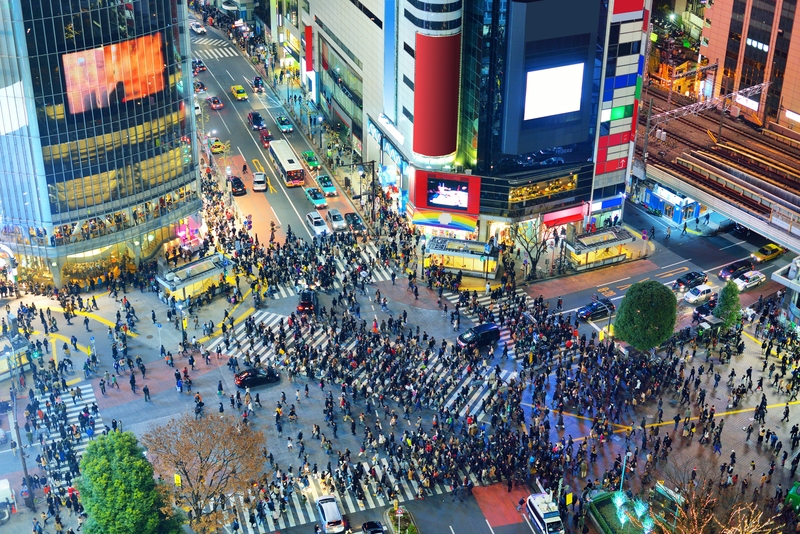
Singapore, Helsinki and Zurich have been given the highest rankings in the 2020 Smart City Index - with Singapore top of the pile for the second year running.
The index of 109 cities is put together by the Institute for Management Development (IMD) with Singapore University for Technology and Design (SUTD) and grades cities based on economic and technological data - as well as by their citizens’ perceptions of how 'smart' the cities are.
In each city, 120 citizens were asked questions in April and May this year on technological provisions in five areas: health and safety, mobility, activities, opportunities and governance.
This means that big initiatives such as adding free WiFi to a city - as happened in Medellín - is likely to make a sizeable impact on the rankings: the Colombian city moved up 19 places this year.
The report's authors also highlight the development of 'second cities' compared to capitals, pointing out that Bilbao has done better than Madrid in Spain, and that Birmingham, UK, has moved more places up the scale than London this year.
It also suggests that giving more power to local authorities is a good thing and - perhaps not surprisingly - indicates that smarter cities will be able to handle the current pandemic better than others.
“It is of course too early to draw final lessons from Covid,” said Bruno Lanvin, president of the IMD Smart City Observatory, which began publishing the index in 2019.
“However, it is clear that we are at a critical juncture, where the health crisis is still very much with us, while the economic and social crisis that it will entail has hardly started.”
Lanvin continues: "The cities that have been able to combine technologies, leadership and a strong culture of ‘living and acting together’ should be able to better withstand the most damaging effects of such crises.”
Professor Arturo Bris, director of the IMD World Competitiveness Center, said that while smart cities are not the solution, technology certainly helps.











